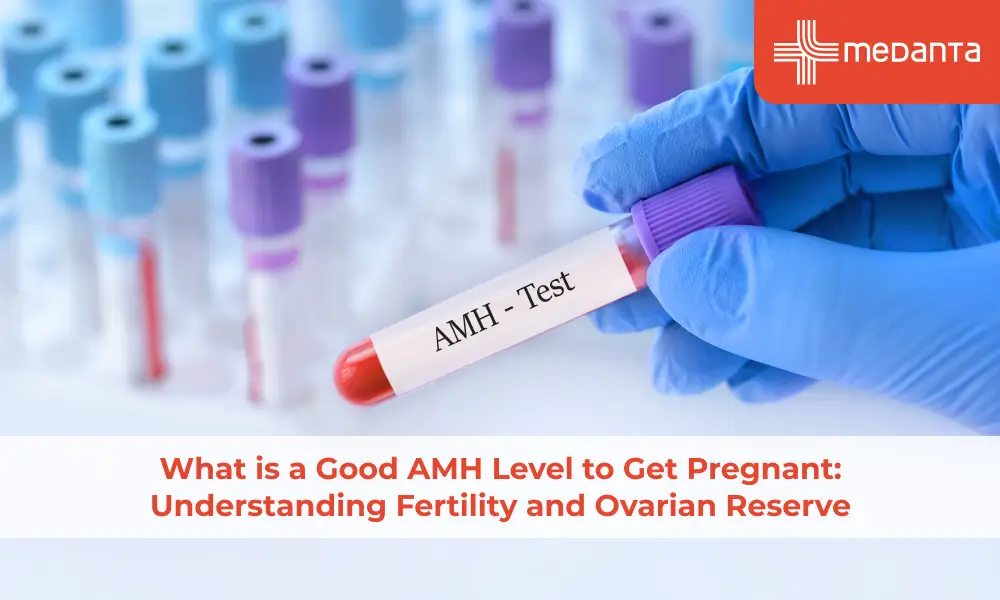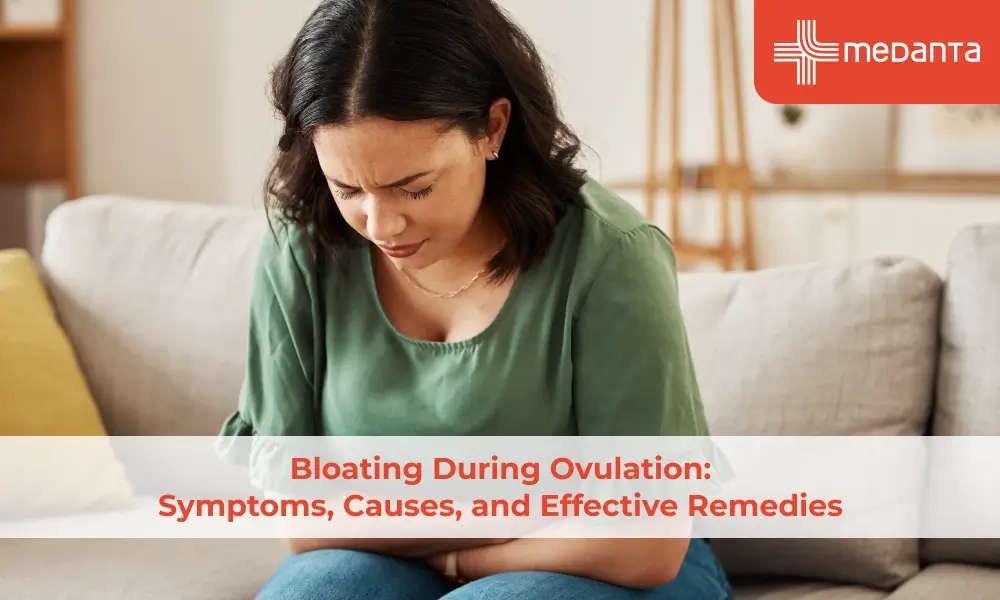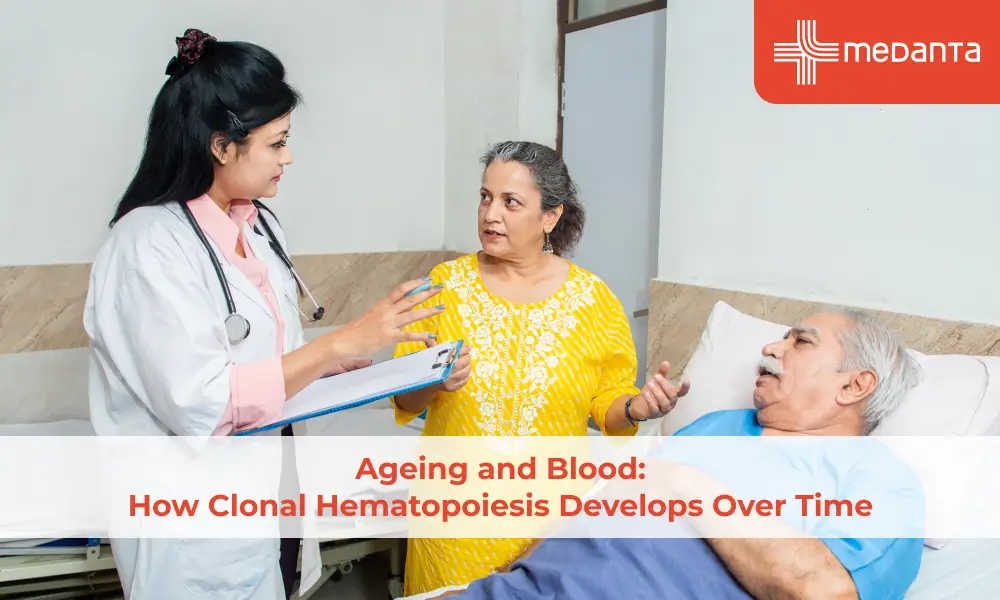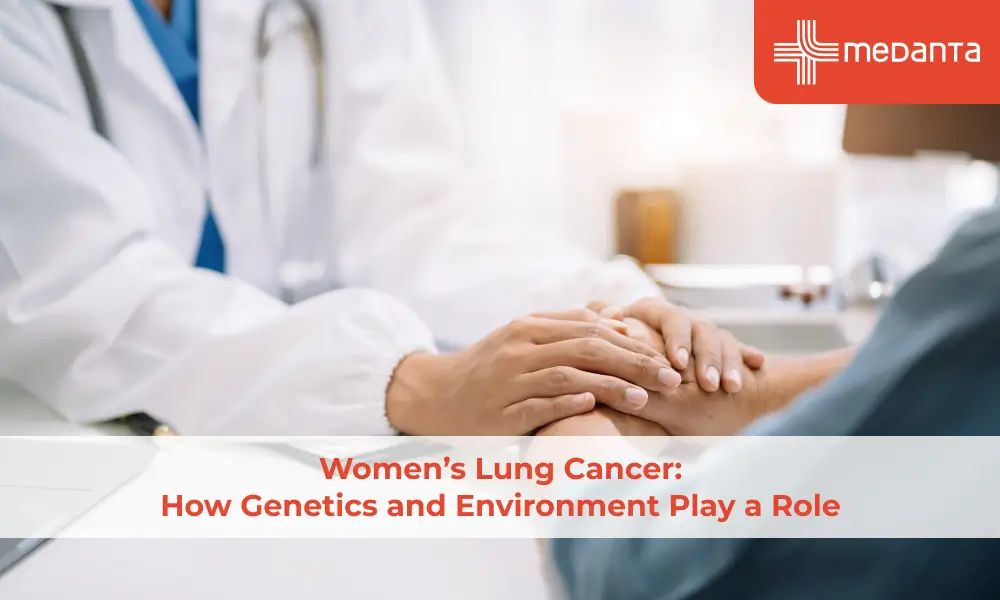Check out Cardiovascular Problems Types & Treatment

Cardiovascular disease, also called "heart disease" is a group of conditions that affect your heart and blood vessels. One or more of these diseases can hurt the heart and blood vessels. A person can have symptoms of a disease or not have any symptoms (not feel anything at all). The earlier cardiovascular disease symptoms found, the easier it is to treat.
Heart disease includes these problems with the heart or blood vessels:
Causes for heart disease?
Cardiovascular disease cause, depending on what kind of heart disease a person has. For example, coronary artery disease and peripheral artery disease are both caused by atherosclerosis, which is when plaque builds up in the arteries. Arrhythmias can be caused by coronary artery disease, scarring of the heart muscle, genetic problems, or certain medicines. Valve disease can be caused by aging, infections, or rheumatic disease.
What are the risk factors for heart disease?
Heart disease may be more likely to happen to you if you have risk factors like:
- Blood pressure that's too (hypertension).
- A lot of cholesterol (hyperlipidemia)
- Tobacco use.
- Diabetes.
- A history of heart disease in the family.
- Inactivity or being overweight.
- A diet that has a lot of salt, sugar, and fat.
- Use of alcohol too much.
- Preeclampsia or toxemia.
- Diabetes during pregnancy.
- Autoimmune or inflammatory conditions that don't go away.
- Long-term kidney disease.
- Unusual beats of the heart.
What conditions are cardiovascular diseases?
There are many kinds of heart diseases, including, but not limited to:
Arrhythmia is a problem with how your heart's electrical system works, which can cause your heart to beat strangely.
Valve disease is a problem with your heart valves, which are structures that let blood flow from one chamber to another chamber or blood vessel. For example, a tight or leaky valve are both symptoms of valve disease.
Coronary artery disease is a problem with your heart's blood vessels, like when they get clogged.
Heart failure is a problem with how the heart pumps and relaxes, which causes fluid to build up and makes it hard to breathe.
Peripheral artery disease is a problem with the blood vessels in your arms, legs, or abdominal organs, such as narrowing or blockages.
Aortic disease is a problem with the large blood vessel that sends blood from your heart to your brain and the rest of your body. This could be a dilatation or an aneurysm.
Congenital heart disease is a problem with the heart that is present at birth and can affect different parts of the heart.
Diseases of the heart's lining, such as pericarditis and pericardial effusion, are called pericardial diseases.
Cerebrovascular disease is a problem with the blood vessels that bring blood to your brains, such as narrowing or blockages.
Deep vein thrombosis is a blockage in the veins, the blood vessels that bring blood from the brain and body back to the heart.
How can I keep my heart from getting sick?
Some types of heart disease, like congenital heart disease, can't be stopped. But changing how you live can lower your risk of many types of heart disease.
You can prevent the risk of heart disease by:
- Trying not to use any tobacco products.
- Taking care of other health problems like diabetes, high cholesterol, or high blood pressure.
- Getting to and staying at a healthy weight.
- Eating a low-saturated-fat and low-sodium diet.
- Most days, you work out for at least 30 to 60 minutes.
- How to reduce and deal with stress.
How can I prevent heart disease?
Some types of heart disease, like congenital heart disease, can't be stopped. But changing how you live can lower your risk of many types of heart disease.
- Trying not to use any tobacco products.
- Taking care of other health problems like diabetes, high cholesterol, or high blood pressure.
- Getting to and staying at a healthy weight.
- Eating a low-saturated-fat and low-sodium diet.
- Most days, you work out for at least 30 to 60 minutes.
- Managing stress
How do you treat cardiovascular disease?
Treatment plans can differ depending on the person's symptoms and the type of heart disease they have.
Cardiovascular disease treatment may include:
Changes to your lifestyle might include changing your diet, getting more aerobic exercise, or giving up smoking.
Medication: If you have cardiovascular disease, your doctor may prescribe medicine to help control it. What kind of medicine you take will depend on your type of heart disease.
Procedures or surgeries: If medications aren't enough to help you deal with your cardiovascular disease, your doctor may use specific procedures or surgeries to treat it. Some examples are stents in the heart or leg arteries, minimally invasive heart surgery, open-heart surgery, ablations, and cardioversion.
Cardiac rehabilitation: To help your heart strengthen, you may need an exercise program that a doctor watches.
Active surveillance: You may need to be carefully watched over time even if you don't need any medicines or procedures.
Will heart rehab make my treatment better?
Rehabilitating your heart helps it get stronger again. It gives you more help to change the way you live. It includes advice on what to eat and how to exercise safely. If you need heart surgery, your doctor may tell you to go to cardiac rehab. You may also be able to go to recovery if you have had a heart attack or stroke and are getting better.






